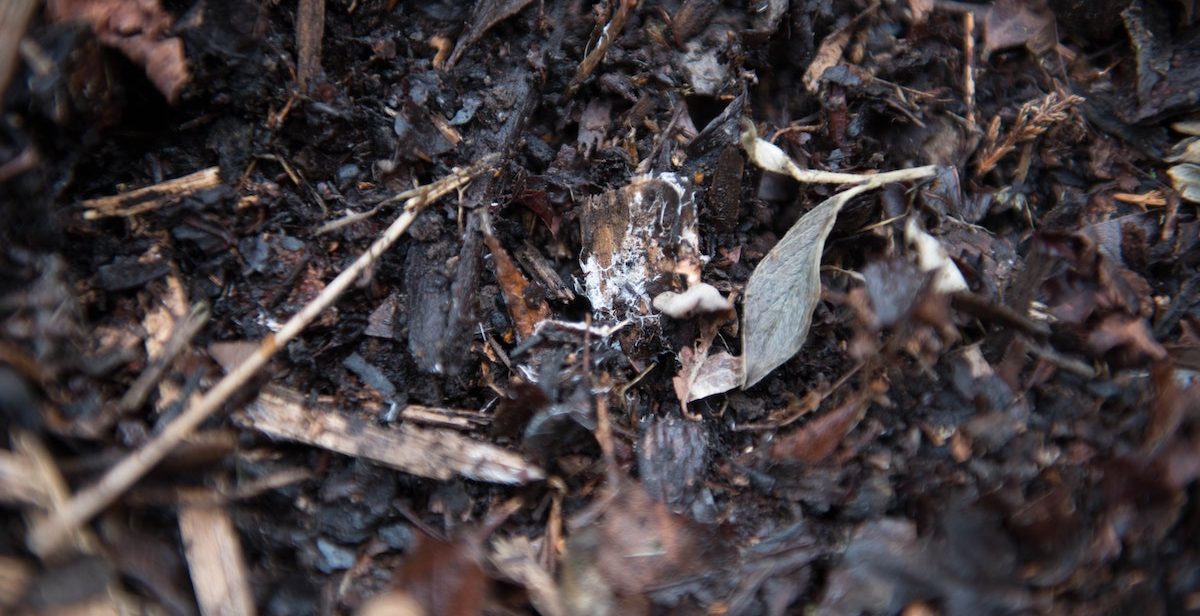In the UK, we throw away over 9.5 million tonnes every year, a shocking amount in a country where more than 8 million people don’t have enough to eat.
Did you know that more than a third of all food produced in the world goes to waste? And that the UK produces the most food waste in Europe? Composting your scraps is a great way to reduce your food waste, so read on to discover the many benefits of composting.
The main reasons for food waste are:
- Supermarkets, restaurants and shops don’t sell everything they order
- There’s a lack of education around how to dispose of food
- Food goes off due to a lack of knowledge about expiry dates
Is food waste really bad?
Well, there’s the obvious immorality of throwing away 1.3 billion tonnes of food globally while people are starving. But food waste is also bad for the environment. This might seem surprising given that food is organic and organic things biodegrade. Yet most food waste ends up in landfills that are already overflowing.
In a landfill, food waste produces methane which is more dangerous than carbon dioxide (CO2) in the near term. Although CO2 sticks around for longer, methane accelerates global heating faster.
Clearly, things need to change. While supermarkets and restaurants must take responsibility and change their ways, you too can do something about it. One of the most effective ways is to learn the benefits of composting.
What is compost?
Compost is what you get when organic material (such as food scraps, leaves and animal products) decomposes. Nutrient-rich compost nourishes the soil and improves plant growth. Soil and plants love the stuff.
Composting your food waste not only reduces emissions. It also reduces fossil fuel use. That’s because while commercial compost production needs a lot of heat to speed things up, producing your own uses much less energy. It’s a slower process but it’s completely natural and you end up with a product of far better quality.
And there are other benefits to composting. Compost creates a whole world for other important life forms. Bacteria, insects, worms and fungi all play an important role in nature’s recycling system. Walk through an old woodland and you’ll see compost everywhere. That’s nature working in perfect harmony.
What to compost
What you compost will vary depending on how you do it. If you’re planning to use a local authority scheme, check what materials can go in it. Different areas have different rules regarding foods such as meat, bones, seafood and shells, fats and oils, dairy products and compostable plastics.
If you decide to do your own thing, read a beginner’s guide first. There’s plenty of help on the internet. But the most important thing to remember is that fruit and vegetable scraps, rice, bread, eggshells, nutshells, leaves, dried flowers and grass clippings can always go in your bin.
But you should never compost infected or poisonous plants. Other things to avoid putting in your compost bin include:
- Ivy and harmful weeds
- Non-compostable plastics
- Faeces
- Chemicals and cleaning products
- Glass.
Again, research your method so you’re sure what can and can’t go in.
There are loads of different compost bins to choose from. Do you want a small one for your kitchen or one for the garden? Perhaps you want both. And it needn’t be expensive. You can even build your own.
Whichever method you go for, you can take pride in knowing the amount of methane emitted through a well-managed compost bin at home, is ZERO.

